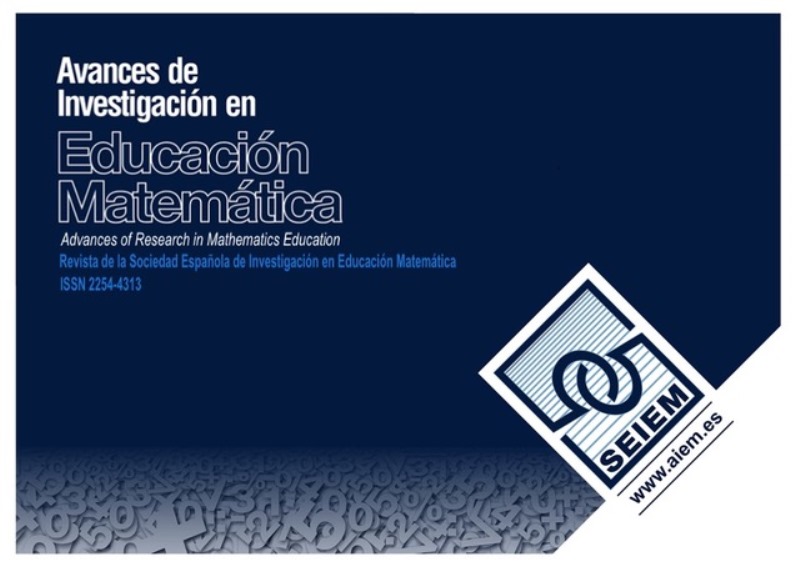Only spend what you can afford.An optimization experience with high school students
DOI:
https://doi.org/10.35763/aiem.v1i2.26Keywords:
Knapsack problems, optimization, secondary education, task, instructionAbstract
This experience was intended to attempt to evaluate the optimizing intuition in secondary school students. The problem posed consists in selecting objects from a previously given set whose total value should be equal to an exact number, or as close to this exact number as possible. As a resultof the classroom experience in a specific context, we observe the poor preparation of students for this type of task. The main conclusion is that students are prepared to add quantities; however they find it difficult to choose quantities which add an exact number. They do not possess adequate strategies, and are incapable of inventing heuristics to achieve their goal. The reflection, which results from the experience, is that in spite of their usefulness in daily life, little attention is paid to optimization problems in compulsory education
Downloads
Downloads
Published
How to Cite
Issue
Section
License
The articles published in this journal are under a license Creative Commons: By 4.0 España from number 21 (2022).
Authors who publish with this journal agree to the following terms:
- Authors retain copyright and keep the acknowledgement of authorship.
- The texts published in this journal are – unless indicated otherwise – covered by the Creative Commons Attribution 4.0 international licence. You may copy, distribute, transmit and adapt the work, provided you attribute it (authorship, journal name, publisher) in the manner specified by the author(s) or licensor(s). The full text of the licence can be consulted here: http://creativecommons.org/licenses/by-nc/4.0.
- Authors are able to enter into separate, additional contractual arrangements for the non-exclusive distribution of the journal's published version of the work (e.g., post it to an institutional repository or publish it in a book), with an acknowledgement of its initial publication in this journal.
- Authors are permitted and encouraged to post their work online (e.g., in institutional repositories or on their website) prior to and during the submission process, as it can lead to productive exchanges, as well as earlier and greater citation of published work (See The Effect of Open Access).









